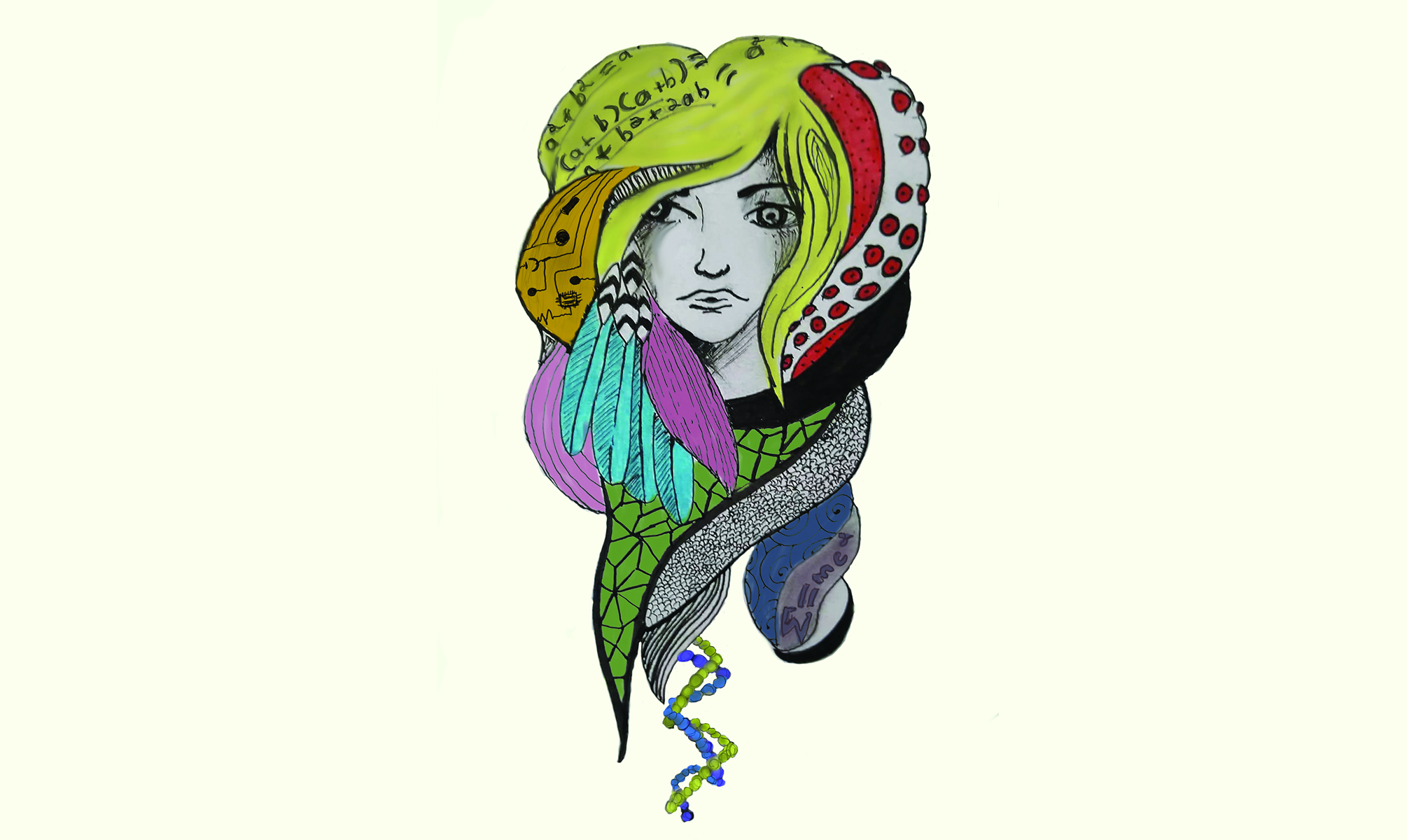
Science is a method of determining how things probably work, and from this understanding, predicting how other things are likely to work; science is a methodology. Philosophers often use this fact to dismiss science as being unable to answer the ‘real’ questions – about society, morality, or existence. “Science after all, is just natural philosophy” they claim.
However, they avoid a simple consequence of the scientific method: that it is the only way we can answer any question (at a confidence level). The ancient Greeks thought that a ‘good’ theory is one with a certain symmetry, a certain je ne sais quoi. The Earth is the centre of the Universe because we live here, they argued. The sun and planets orbit the earth in perfect circles because circles are the perfect shape. A pretty theory to be sure, but incapable of predicting any of the movements of celestial bodies – and therefore not very useful. The only measure of a ‘good’ theory, as Richard Feynman said, is whether it predicts observable phenomena.
So, by this definition, science cannot have a goal. After all, a method has no agency, no values, no ‘greater purpose’. Scientists, however, do.
It is for this reason that the onus is on scientists to address the morality of a piece of research. It is their duty to critically assess the potential impact this research could have on society, and whether it stands to make it better, or worse. After all, no one understands the potential of their own work better.
While it may be tempting to use sentiments such as “well if I don’t someone else will” to justify questionable research, this line of thinking must ultimately then regard the entire scientific endeavour as completely deterministic, independent of the scientists that it is comprised of. This is ultimately just a shirking of one’s responsibility to act morally.
A famous example of such a moral dilemma is the creation of the atomic bomb. While I’m grateful that the Manhattan Project succeeded before the Nazis’ or Soviets’ equivalents did, the scientists involved often lamented their involvement, and questioned whether they may have hastened the end of days by a few bible verses.
Most people would agree that the impact of this research was a generally positive one on our society, through nuclear power development and knowledge gained about the structure of an atomic nucleus, but future mole-people historians might have a different view if our civilisation ends over a twitter argument.
A race-based study may yield useful diagnostic information – for example, people of African origin being uniquely affected by sickle-cell anemia, or Asian people having much higher rates of lactose intolerance. But what about a race-based study of IQ? Such a study would be invoked and misconstrued by racists to bolster their own beliefs and contribute to a more divided society, no matter its outcome. Its defenders would likely invoke science, and something about its duty to find out everything about the natural world. But since we never will know everything, a scientist must decide carefully what is and isn’t worth their time, according to their own values.
Accusations of science being `politicised’ are often lobbed from conservative quarters, and they’re nearly right. Scientists are citizens like everyone else and should be allowed to act in accordance with their social and political values in their personal and professional lives. However, the suggestion that this somehow ‘taints’ their research is entirely unjustified. Science is a methodology and cannot be ‘politicised’; when it’s done right it’s immune to any political biases. Scientists decide where to look, and science decides what they find.






